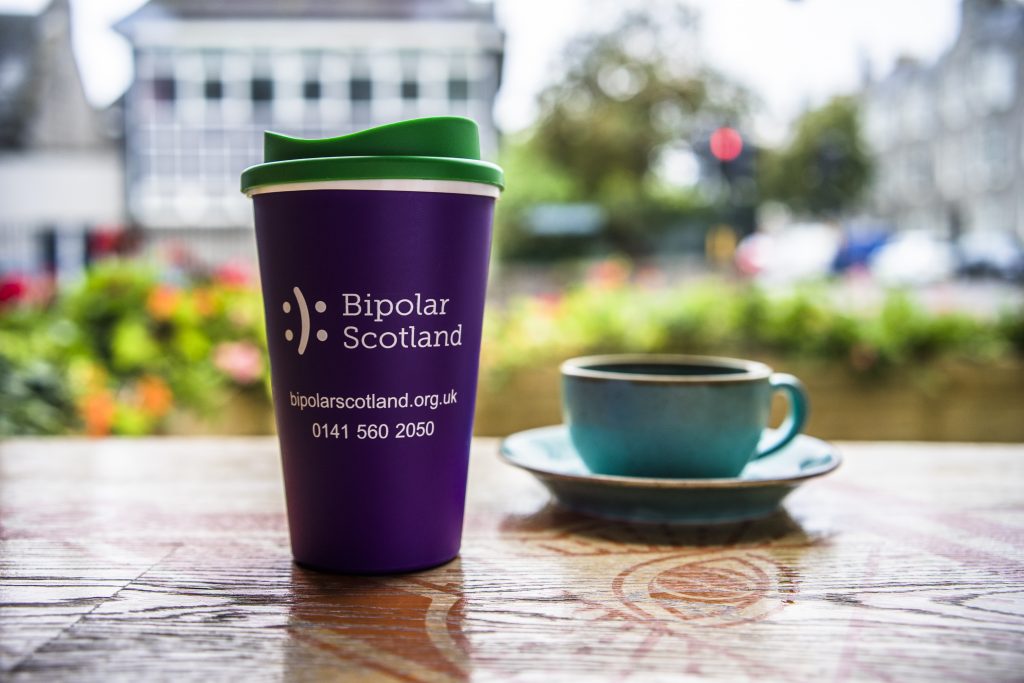Stefan's Story
“I was always the last man standing, always wanted to keep the party going when I was younger. [However] every year I would have a real point of dark depression where I would go to my family and say ‘I don’t see the point in going on’. My family and friends would be able to pinpoint things from my past where I’d been hypomanic, excess spending, things like that. Back then we didn’t talk about mental health. We didn’t know about neurodivergancy; we didn’t have the language. Things are better now.
In 2008 I went to the doctor with an addiction to painkillers. I was misdiagnosed with depression, put on a variety of anti-depressants, they never worked. There was still something there. I knew there was something else there, too.

I got divorced and from the sale of the house I was able to go private – I went to psychiatry and they suggested that I had ADD traits. I ran out of money, had to go back to the NHS, and had a really bad experience with a psychiatrist there who told me categorically I didn’t have ADD, and this put me into a seven month depressions cycle. Eventually, in August 2015, eight years after I was first misdiagnosed with depression, I got a probable diagnosis of bipolar, which was confirmed in August 2016. I’m Type 2 but nobody told me that – I’ve figured that out myself from reading around the subject.
I was taking a Distress Tolerance Course in 2015 and one of the facilitators handed me a card for a Bipolar Scotland Support Group. I’ve been going ever since, I’ve maybe missed one or two meetings. One particular psychiatrist came along to the group, he specialises in bipolar and he said that what the doctors should be doing is asking people who have depressive symptoms whether they’ve ever also had moments of elation, hypomanic or manic states. That was never asked of me at the time.

Bipolar Scotland has been a lifeline. There’s a sense of community, a sense of camaraderie — everybody’s different, everybody’s got different experiences, but there’s no judgement, it’s a safe environment. There’s a number of little of things: the ability to be in the presences of other people that may understand you, to have the ability to get things off your chest. You know? My mum comes with me regularly; she wouldn’t class herself as a carer, just a supporter, and she’s able to learn from what’s said. What’s said in the group stays in the group. When I go through a depression cycle I find it very difficult to even get myself out of bed but this is the one thing that I do – because my mum goes along to it, there’s that extra support there. There’s no pressure to talk, you can just go there and not talk. But even if I’m in a depression cycle I’ve still managed to talk about something. And I would come away thinking I really enjoyed that, even if I wasn’t in the right head space.”

